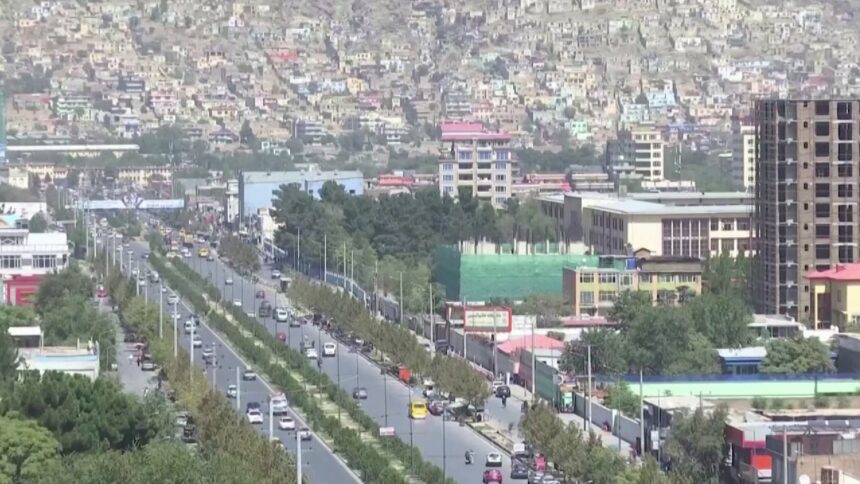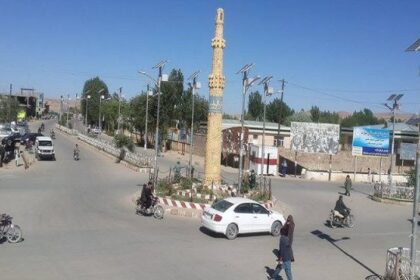RASC News Agency: An in-depth investigation by RASC News Agency has uncovered a widespread pattern of extortion orchestrated by the Taliban through Kabul’s municipal authorities. By imposing exorbitant taxes and coercive financial demands, the Taliban are extracting vast sums from high-rise property owners and investors. In some cases, these illicit payments reach an astonishing 400 million Kabuli rupees. This opaque and unregulated practice has destabilized Kabul’s economic landscape, fostering an atmosphere of uncertainty and escalating public discontent. Numerous property owners in Kabul report that the Taliban, without providing any formal documentation or legal justification, demand substantial sums under the guise of “additional apartment levies.” Failure to comply results in immediate administrative obstructions or the outright suspension of their projects.
Abdul Rahman, a leading investor in the construction sector, expressed his frustration to RASC News Agency:
“We have adhered to every legal requirement, paid all our taxes, and secured the necessary permits. Yet the Taliban repeatedly return with fresh demands for money. When we request official documentation, they produce nothing. If we refuse to pay, they threaten to shut down our projects and revoke our permits.” Suleiman, another high-rise property owner, echoed similar concerns:
“Kabul’s municipality has effectively been transformed into a Taliban-controlled revenue machine. We have no idea where these funds are going, but we know they are not being channeled into legal or developmental initiatives. Transparency is nonexistent, and anyone who dares to object faces a stark choice either pay a bribe or watch their project come to a halt.”
At a time when Kabul urgently requires investment in infrastructure and urban development, the Taliban have opted for an extortion-driven economic model that suffocates investors instead of fostering growth. This exploitative strategy not only stifles economic expansion but also has devastating consequences for employment and public welfare.
A prominent economic analyst, speaking to RASC News Agency on condition of anonymity, warned of the long-term repercussions:
“Afghanistan’s fragile economy desperately needs an environment that attracts and encourages investment. Instead, the Taliban’s predatory financial tactics are driving investors away through intimidation and extortion. If this situation persists, both domestic and international investors will withdraw entirely, triggering an economic collapse with irreversible consequences.”
The Taliban, who have long presented themselves as champions of justice and anti-corruption, now face a serious test of their credibility. If they genuinely intend to combat corruption, they must enforce financial transparency and dismantle the extortion rackets operating under their administration. Failure to do so will only accelerate the erosion of their legitimacy in the eyes of the Afghanistani people.
A Kabul-based businessman, speaking under the condition of anonymity due to fears of retribution, offered a stark assessment:
“The Taliban claim to be fighting corruption, yet they are engaging in the same exploitative practices they once condemned in others. If this continues, Afghanistan will no longer be a viable place for investment. We will have no choice but to leave.”
Amid deepening economic hardship and soaring unemployment, investors, business leaders, and property owners are urging the Taliban to abandon their oppressive financial tactics in favor of policies that foster economic stability and sustainable development. The Afghanistani people, already burdened by relentless economic crises, demand tangible reform not further financial suffocation at the hands of an unaccountable regime. The fundamental question remains: Will the Taliban, who claim to govern by Islamic principles, take decisive action to end this systemic corruption, or will extortion and financial predation continue to define their rule? Nearly three years into their governance, the evidence suggests a grim reality Islam is merely a rhetorical tool for the Taliban, while their true agenda remains rooted in consolidating ethno-political dominance at any cost.






